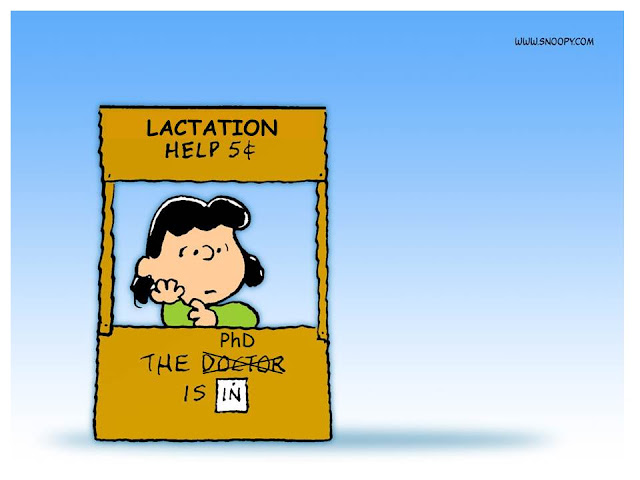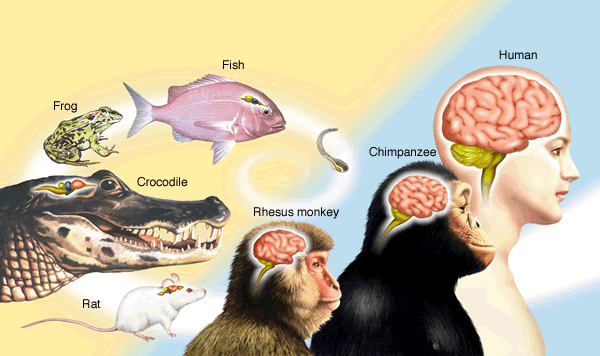Why I have been neglecting my blog...

Building Babies: Developmental Trajectories in Proximate and Ultimate Perspective That's why. Since 2010, Kate Clancy , Julienne Rutherford , and I have been putting together a volume of contributed chapters by leading researchers in the phenomena of primate development. In mid-March, after an Athenean * effort by us and the contributors we submitted the book to Springer and it is expected to be available in late summer. Background about the volume and the Table of Contents are currently featured on Kate's Blog . And here is a wordle of the text of the entire book! *Why should Hercules get all the glory- for Labors of the Mind lets celebrate Athena! Amiright or Amiright?


